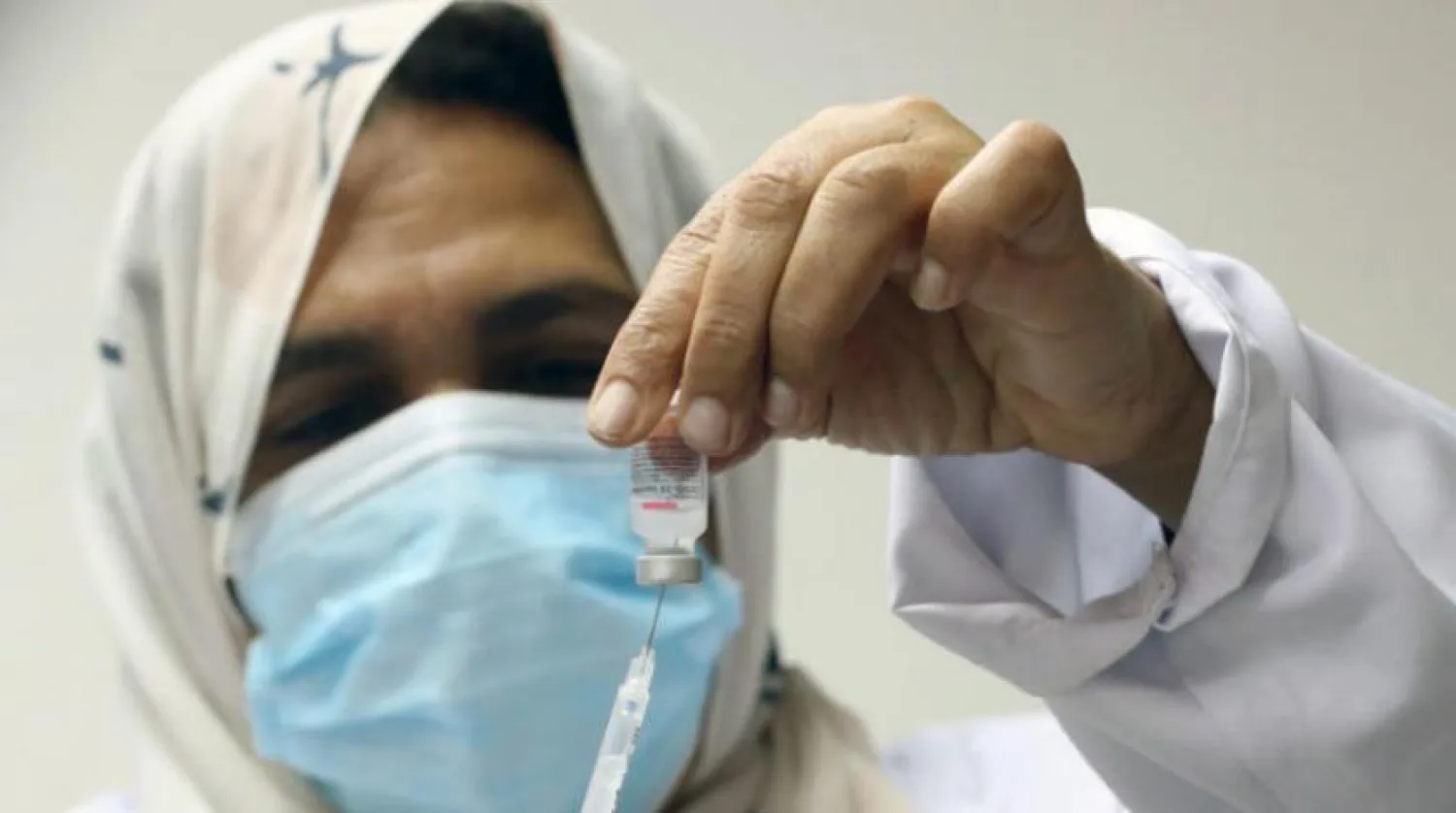Egypt’s Health Minister Hala Zayed announced that the country will double its daily production capacity of COVID-19 vaccines to 1 million doses in the coming 5-6 weeks.
She noted that although the vaccines might fail to provide 100 percent immunity against the virus, they can still protect against severe complications.
The number of vaccination centers nationwide has reached 850, the minister said in remarks on Friday.
Zayed added that Egypt is among a few countries that have all the types of COVID-19 vaccines available in the global market. In a few days, Egypt will receive Pfizer and Moderna doses in huge quantities.
“More than 2.5 million citizens have registered their names on the vaccination platform but didn’t attend,” she noted.
Responding to complaints regarding the delay in sending text messages to people to get inoculated, Zayed said that the priority was at first given to the elderly and patients suffering from critical diseases in addition to specific staff sectors.
The minister noted that this month witnessed the highest registration in which 16 million citizens registered on the vaccination platform.
The Health and Population Ministry said Friday night that 568 new coronavirus cases were detected, raising the total number of confirmed cases since the outbreak in the country to 300,278.
In a statement, the ministry said 36 patients have died from the virus over the past 24 hours, raising the death toll to 17,110.
“Vaccination will begin for secondary school students between the ages of 15-18 within the next two months,” Zayed added.
She assured that the country wouldn’t give the citizens vaccines that haven't been proven effective and secure.









